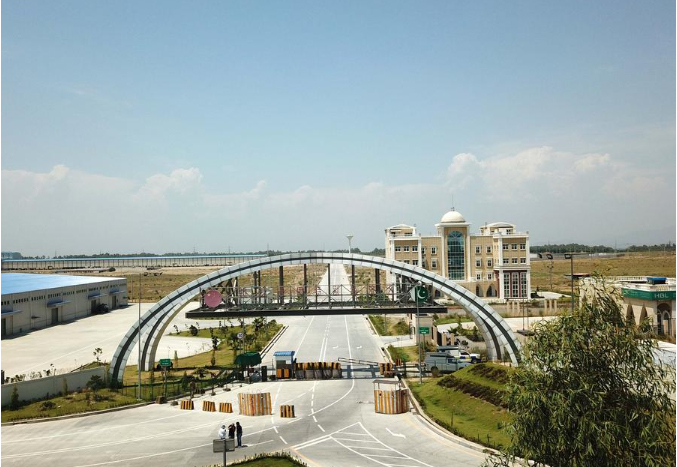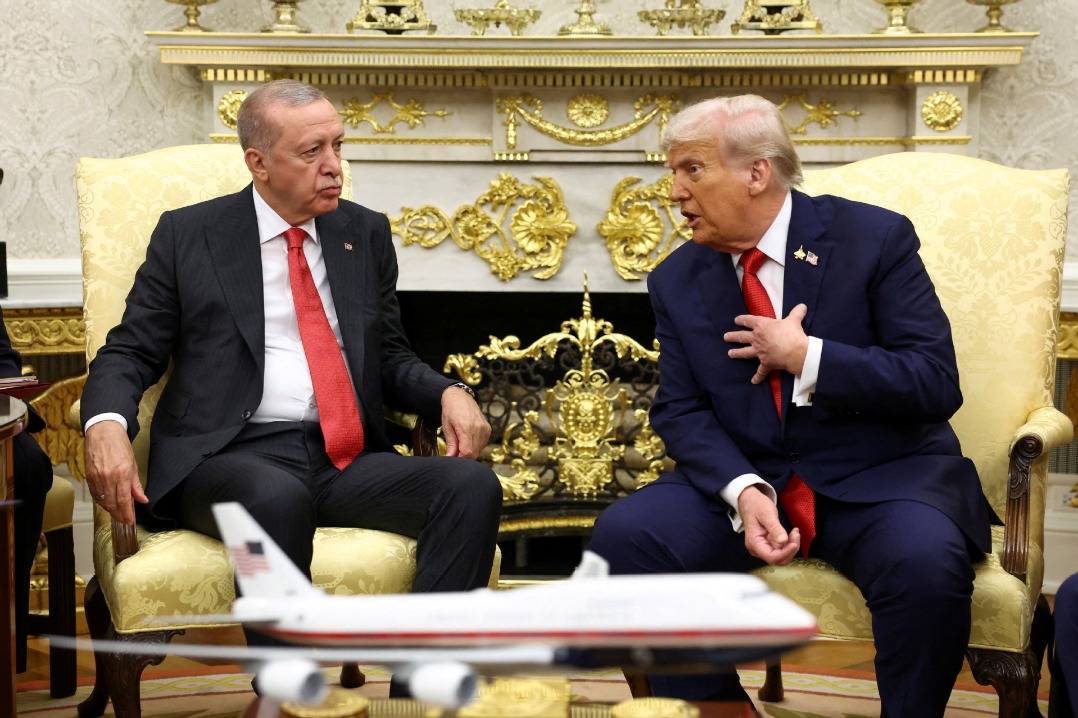Pakistan announces launch of CPEC's second phase


A senior Pakistani official announced on Friday the formal launch of the second phase of the China-Pakistan Economic Corridor, which he said will focus on inclusive growth and transforming Pakistan's economy.
The announcement came at the 14th meeting of the Joint Cooperation Committee of CPEC in Beijing. Speaking at a news conference following the meeting, Pakistan's Minister for Planning, Development and Special Initiatives Ahsan Iqbal said the new phase would pave the way for deeper cooperation and lasting benefits for the people of Pakistan.
"We all look forward to the next 10 years of CPEC Phase II having a transformational impact on the lives of our people. It will bring hope, create jobs, and bring structural changes in Pakistan's economy, helping it become a more advanced economy from an agricultural economy," Iqbal said.
He stressed that development must deliver for all segments of society, adding that Phase II should become a true "corridor of livelihood", benefiting farmers, workers, and small entrepreneurs. He also noted that Pakistan hopes to draw lessons from China's poverty alleviation experience.
Another key feature of the second phase, he said, is a shift from a government-to-government model to a business-to-business platform.
"The future belongs to more private investment. The future belongs to more cooperation between Chinese and Pakistani enterprises," he said, adding that Pakistan is facilitating Chinese companies in forming joint ventures with local firms, while also easing visa requirements for Chinese businesspeople.
Iqbal emphasized Pakistan's commitment to investing in its youth by providing them with quality education and skills. "Pakistan has a young population, and we want our youth to be at the center of the transformation under CPEC Phase II," he said.
He revealed that Pakistan plans to train 10,000 PhD students over the next decade at China's top 50 universities in fields such as artificial intelligence, emerging sciences, engineering, and new technologies, to build a strong foundation for a technology- and innovation-driven economy.
In addition, he said, both sides discussed establishing joint laboratories on artificial intelligence and quantum computing, as well as enhancing digital and scientific cooperation under the CPEC framework, given China's extensive expertise in these cutting-edge areas































